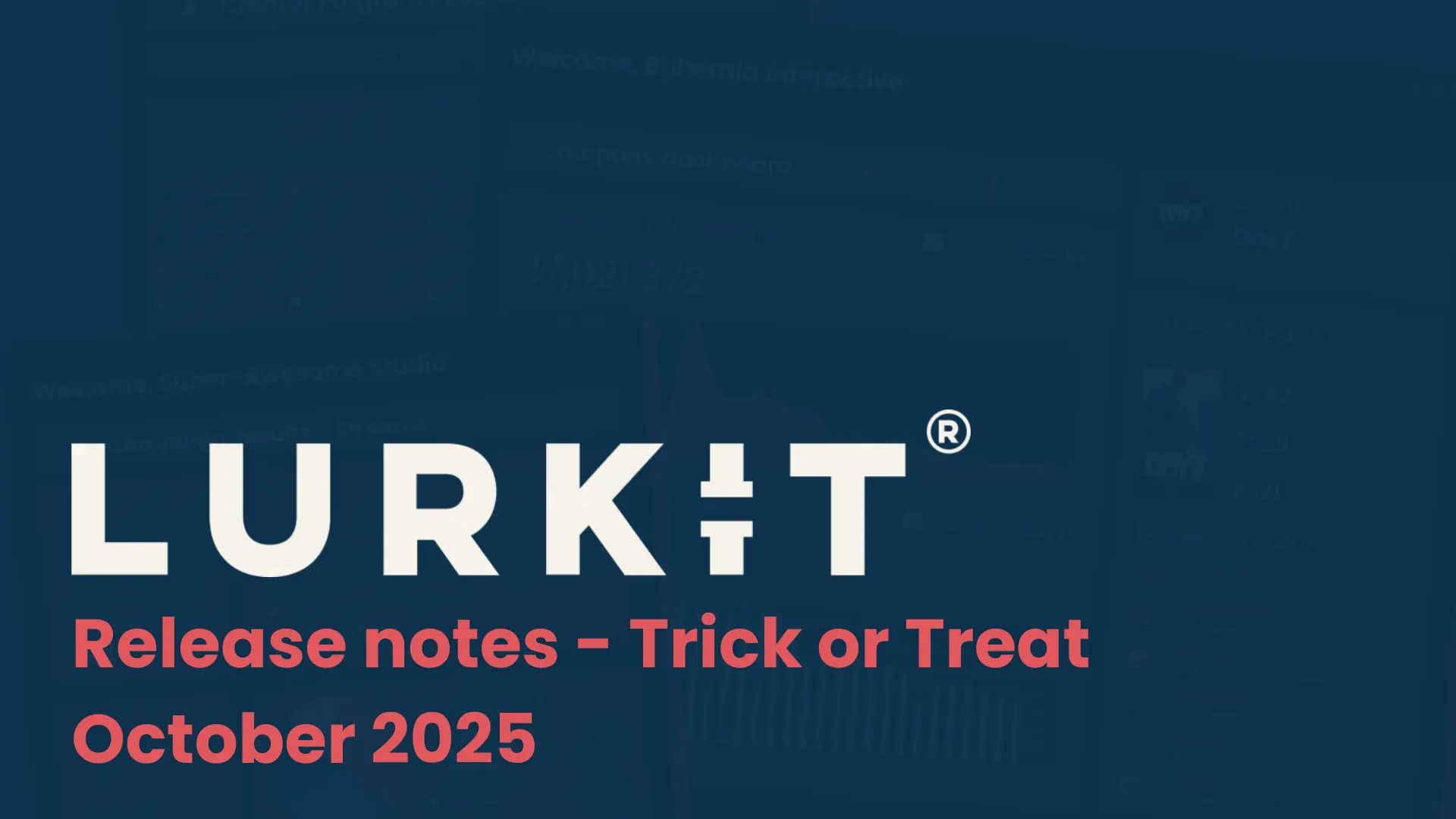How Online Reviews Can Get Millennials to Purchase Your Game
Online Reviews Hold the Key to Millennial Trust
Millennials can be hard to understand in today’s marketing ecosystem. Defined as those born between 1981 and 1996, this generation is constantly connected to the internet and the digital world of online reviews. This makes online reviews matter, and any company that can harness the power of a good game review or a 5-star product review can leverage that for success. Better reviews mean better business, and millennials know this.
What are Online Reviews? Where do you find them?
Online reviews are scattered across the internet ranging from Google and Steam to direct comments via social media. With communication streamlined at an international level, reviews can be given at any moment to almost any product. Many online reviews work on the standard 1 to 5-star guide, but other customers will spend hours crafting an in-depth analysis of your newly launched product or game.
Online forums, Reddit, and Steam pages are good places to look for user feedback. In addition, social media has offered a more direct form of commentary allowing users to state their thoughts directly to brands. Depending on your product, finding where your consumer is talking is the key to finding the most authentic and engaging reviews.
93% of Millennials Trust and Rely on Online Reviews
Polished product descriptions and well-crafted game summaries are a first step to hooking an audience, but they are not likely to sway the skeptical consumer. An honest comment from a friend or peer can quickly convert these consumers making word-of-mouth one of the most valuable forms of advertising available.
In the world of online marketing, this shifts the attention to online reviews as millennials are heavily connected to their digital communities. According to Bright Local’s Local Consumer Review Survey, 84% of consumers trust online reviews. When looking only at millennials, this number increases to 93% showing just how important it is to encourage consumers to give feedback.
To further the point, let's try a minor experiment. Take out your phone and search for “top games of the year” or “worst games ever made”. Quickly you will see a prompted list founded mainly on peer reviews, online media, and player experiences.
Google’s algorithms pinpoint exactly what games were well received, which were not, and ranked the worst or best clearly for you. Based on what Google could find, that list is curated and aggregated based on what people think about those games. For potential customers, your game or product release must showcase its best side first.
The Profit in Good Reviews
According to Nielsen's report, millennials spend on average $112 on games every month, $20 more than Generation Z and nearly twice as much as Generation X. To influence millennials to purchase your game, focusing on getting positive reviews should be a goal for your company. Customers are looking for great reviews and what other peers think during their buying process.

Source: Nielsen's Millennials on Millennials: Gaming Media Consumption
However, sales are not the only benefit to having a good review. Good reviews can:
- Increase Trust - Seeing a good review can make your product or title appear more trustworthy. Many users believe that a product is worth investing in if it comes with positive reviews.
- Direct Feedback from Consumers - Quickly identify problems in the customer experience and learn the complete picture of the customer journey. Having reviews shows where problems may be, and you can easily reach out and close the loop to ensure that any problems are resolved.
- Better Search Engine Rankings - Search engines weigh positive reviews higher for organic searches. Further, Google Reviews tend to push down any title with a negative sentiment showing only the best of what the consumer is looking for.
The Cost of a Negative Review
As opposed to a positive review, negative reviews can quickly have an impact on your brand's image. Many consumers will only interact with a business that has a minimum 3.3-star rating, and only 13% of consumers would consider doing business with anyone lower.
Businesses risk losing up to 22% of their customers from a single negative article is found by consumers looking to purchase their product. Games, companies, and products can struggle to recover from a negative review, however, not all bad reviews are bad.
Bad Reviews are an Opportunity
In many cases, a bad review is a chance to improve a problem with your product. If an unhappy customer leaves a negative review, this is a chance to reach out and try to solve the issue quickly. This can build up a strong relationship and can showcase how much a company cares about its consumers.
Solving a bad review is simple, and it first starts with making the customer feel heard. Trying to solve the problem immediately can sometimes undervalue the problem, and it is important to keep in mind how the customer feels. Ask questions, listen, and validate their feelings rather than trying to solve the problem. It is important that you not only understand the issue itself but what the customer is asking.
Once the problem is resolved, asking the customer to edit their rating is completely allowed. Many customers will happily do so, as they do not want to leave negative reviews in most cases. Customers want to be happy, and it is important to them that you are working to ensure that goal succeeds.
Keep an eye on your reviews, manage cases quickly, and even negative feedback can have a positive result.








